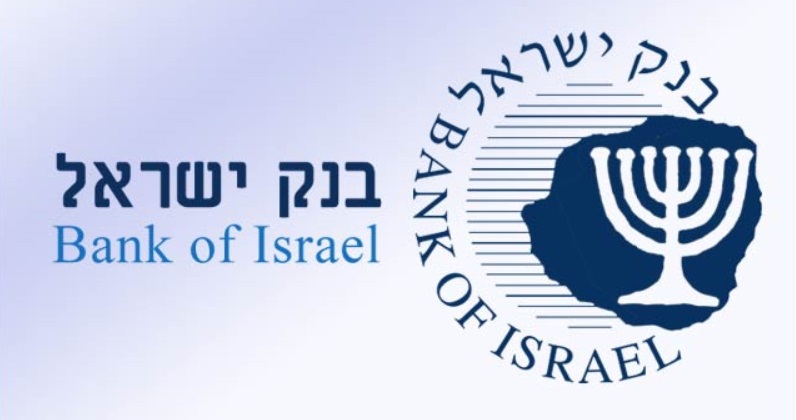
More than half the payment terminals in Israel support “smart payment[1]”. A quarter of the number of payment card transactions are carried out via “smart payment”. Approximately two-thirds of “smart payments” are contactless transactions.
The implementation of the first milestone in the EMV framework set out by the Governor of the Bank of Israel[1] has recently been concluded.
„Based on data from Shva (Automated Banking Services Ltd.), as of the end of January 2021, smart terminals make up 54 percent of all terminals in Israel, and the number of smart transactions is about 23 percent of all transactions. About 67 percent of the smart transactions are contactless transactions, whether by credit card or by smart phone.[2]” – according to a press release.
The number of smart terminals and the number of smart transactions is expected to continue to increase in the coming period as well, with the end of the lockdown and the renewal of commercial activity, and in accordance with the next stages of the framework for adopting the standard in 2021.
The Bank of Israel urges merchants that have not yet completed the switch to EMV to contact their merchant acquirer or hardware supplier and to complete the switch before the determining date and thus join the payment revolution in Israel and benefit from secure and more advanced transactions.
By July 2021, many additional businesses will have joined the advanced payment method, ahead of the next significant milestone on July 31, 2021, when the acquiring of transactions at all businesses, other than exceptional cases[3], will only be possible via the EMV standard.
At businesses that switched to full EMV, the terminal can be turned to face the customers who can carry out the payment on their own, conveniently, rapidly, and with a range of payment opportunities. Among the payment possibilities are contactless payment for transactions up to NIS 300[4], payment by entering a secret code for transactions that exceed NIS 300[5], payment via digital wallets, payment via wearable means of payment (such as watches), or payment via a payment application from domestic and international entities.
Customers who do not remember the secret code for their card can recover it or switch it rapidly and easily through various means. Details about this are available at this link.
Within the framework of the economic plan to deal with the coronavirus crisis, a plan was launched by the Small and Medium Business Administration at the Ministry of the Economy and Industry and by the Ministry of Finance, to help in integration of acquiring via the EMV standard. The plan makes it possible to get back up to 80 percent of the cost of implementation. For details on the plan and the assistance, see the following link (in Hebrew).
Bank of Israel Payment and Settlement Systems Department Director Mr. Oded Salomy said, “The framework that the Bank of Israel is leading to shift payment card activity in Israel to EMV, is in line with advanced economies worldwide and makes new and innovative value proposals in Israel possible. The progress in integrating the terminals allows an advanced and innovative customer experience, such as contactless payment via the payment card and via digital wallets that make it possible to pay via a payment application by bringing the device close to the terminal in the store. We already see several digital wallets that have begun to operate in Israel in recent months, and a number of additional entities, domestic and international, are expected to enter this field in Israel this year.”
Supervisor of Banks Mr. Yair Avidan said, “The market’s switch to the EMV standard is an additional infrastructure step, which will enable the various payment service providers in the economy to develop advanced and innovative payment services for the Israeli consumer. In parallel, we are leading additional processes that will soon be completed, to upgrade the use of digital means of payment to improve the welfare of the customer, chief among them the open banking project and the project to switch banks easily. This range will bring the financial system in Israel, and at the center the Israeli customer, to a new era of opportunities.”
[1] https://www.boi.org.il/he/NewsAndPublications/PressReleases/Pages/27-11-19.aspx
[2] Additional information on the scope of the integration of EMV in Israel can be found on the Shva company’s website (in Hebrew)
[3] Excluding fuel pumps and businesses in which the scope of their activity in card not present transactions makes up 90 percent or more of the business’s revenue via payment cards.
[4]https://www.boi.org.il/he/NewsAndPublications/PressReleases/Pages/31-12-2020.aspx?fireglass_rsn=true
[5] These transactions are carried out by entering a 4-digit secret code when executing a card-present transaction.
[1] Transactions executed via the full EMV standard.
Banking 4.0 – „how was the experience for you”
„To be honest I think that Sinaia, your conference, is much better then Davos.”
Many more interesting quotes in the video below: